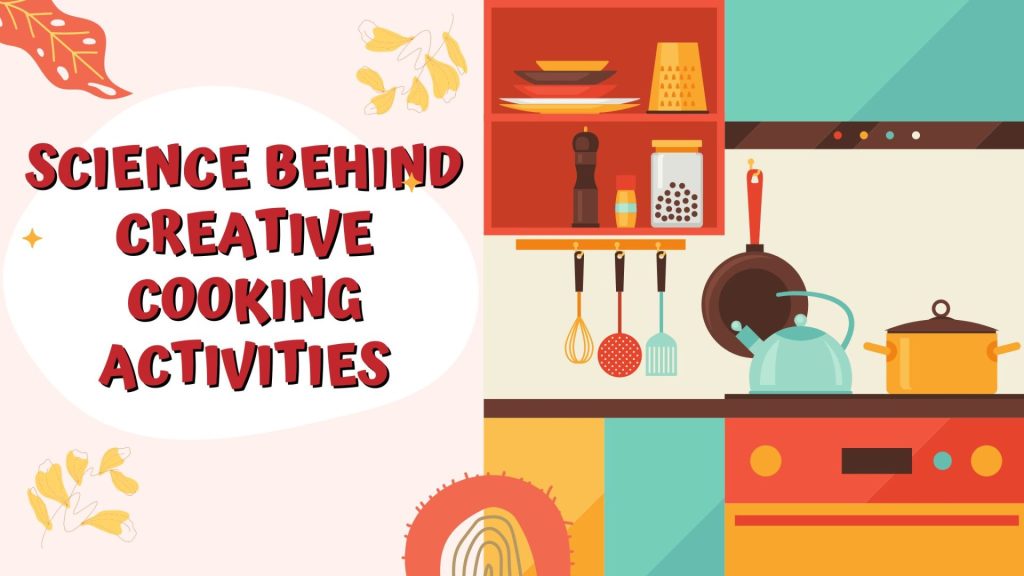
The Science Behind Creative Cooking Activities for Kids
- Lutful Ahmed
- July 25, 2023
- 6:04 am
- No Comments
Engaging children in creative cooking activities not only sparks their culinary curiosity but also provides a platform for them to explore the wonders of science. From measuring ingredients to observing chemical reactions, cooking can be a captivating science experiment for young minds. This article delves into the science behind creative cooking activities for kids, highlighting how these hands-on experiences foster learning, ignite curiosity, and make science come alive in the kitchen.
Measurements and Math:
Cooking involves precise measurements, and understanding the fundamentals of measurement is a foundational math skill. Through creative cooking activities, children learn to measure ingredients, count quantities, and understand fractions. From pouring liquids to weighing ingredients, cooking becomes a practical application of math concepts, enhancing children’s numeracy skills in an enjoyable and interactive way.
Chemical Reactions and Changes:
Cooking introduces children to the fascinating world of chemical reactions and changes. From witnessing ingredients transform through the application of heat to observing the rising of dough or the leavening of baked goods, cooking activities demonstrate scientific principles in action. These experiences provide hands-on opportunities for children to explore concepts such as heat transfer, fermentation, and the transformation of ingredients.
Taste and Sensory Exploration:
Cooking engages multiple senses, allowing children to explore taste, smell, touch, and even sound. By encouraging children to taste different ingredients, identify flavors, and describe textures, creative cooking activities promote sensory exploration. Children develop their taste buds, learn to appreciate diverse flavors, and discover the sensory aspects of food preparation.
Food Science and Nutrition:
Creative cooking activities offer a gateway to understanding food science and nutrition. Children can learn about the role of various ingredients, their nutritional value, and how they interact to create balanced and nutritious meals. From identifying the importance of fruits and vegetables to understanding the benefits of proteins and carbohydrates, cooking provides an opportunity to explore the connection between food and overall well-being.
Problem-Solving and Experimentation:
Cooking involves problem-solving and experimentation, as children navigate through recipes and adapt to unexpected situations. They learn to troubleshoot when a recipe doesn’t turn out as expected, adjust flavors, and problem-solve in real-time. Creative cooking activities cultivate critical thinking skills, adaptability, and the confidence to experiment and innovate in the kitchen.
Cultural Exploration:
Cooking offers a window into different cultures and traditions. Creative cooking activities can focus on recipes from around the world, introducing children to diverse cuisines, ingredients, and cooking techniques. Through exploring global flavors, children develop an appreciation for cultural diversity and gain a broader perspective of the world.
Thanks for reading! For more insightful articles on fostering independence and responsibility through baking kits for kids, please visit: https://seasonsville.com/blog/
